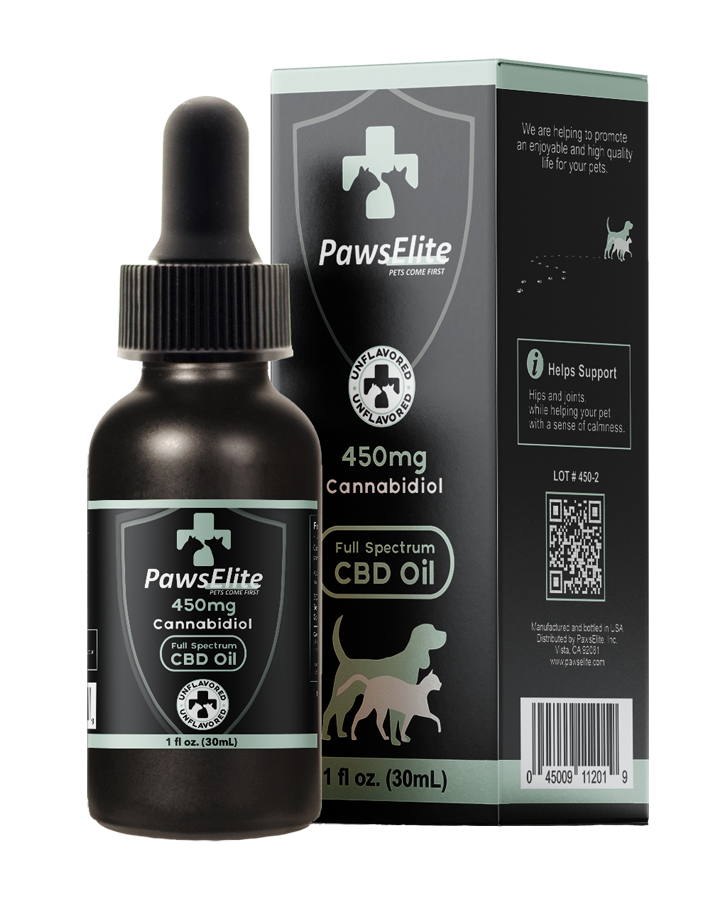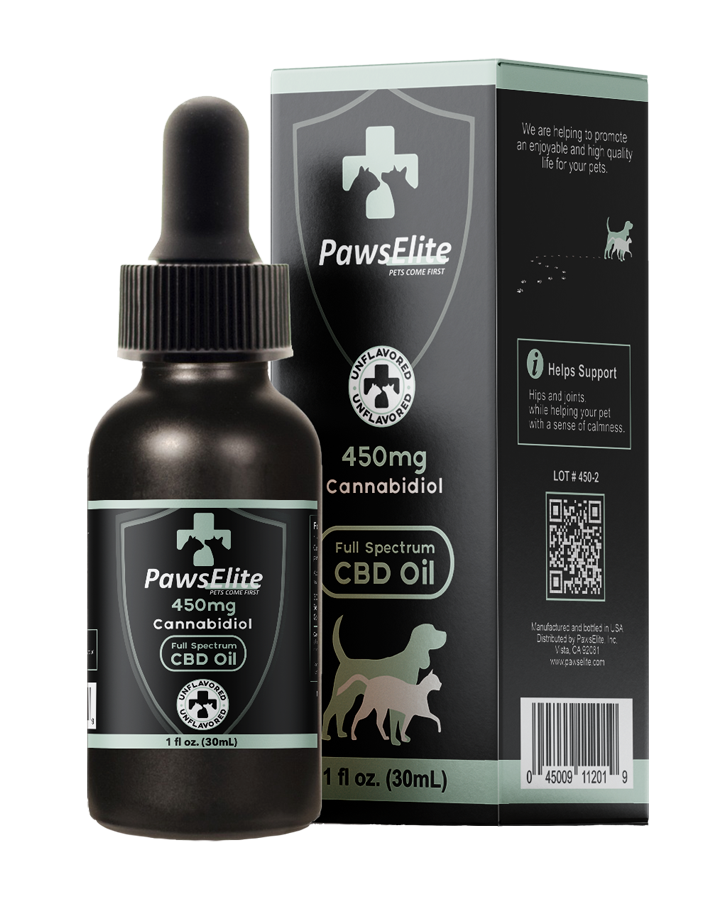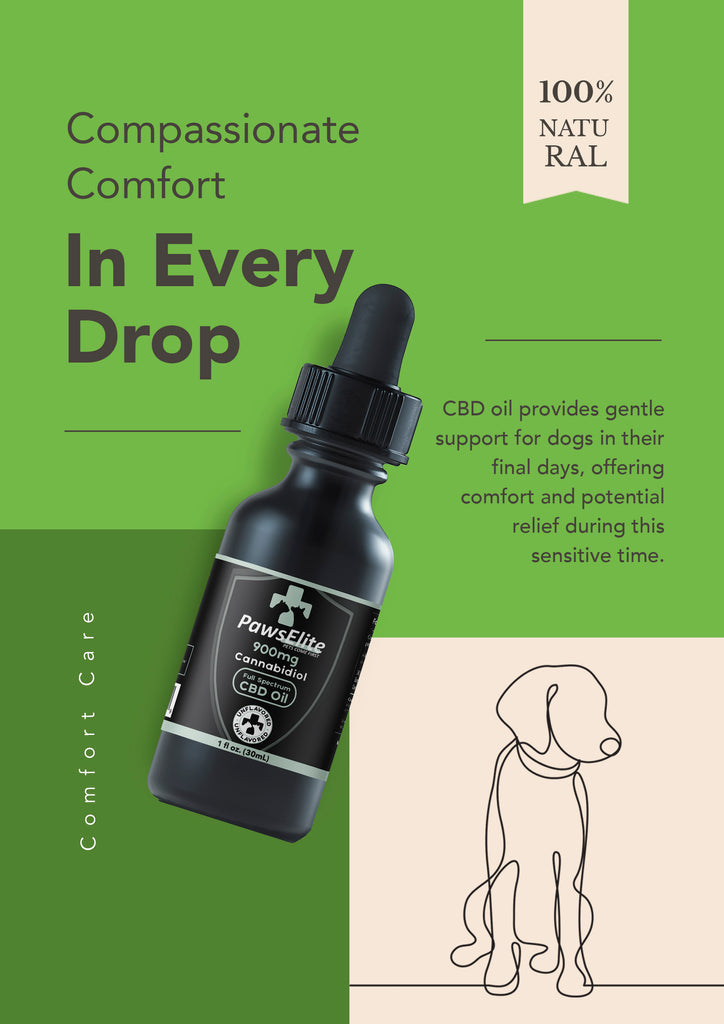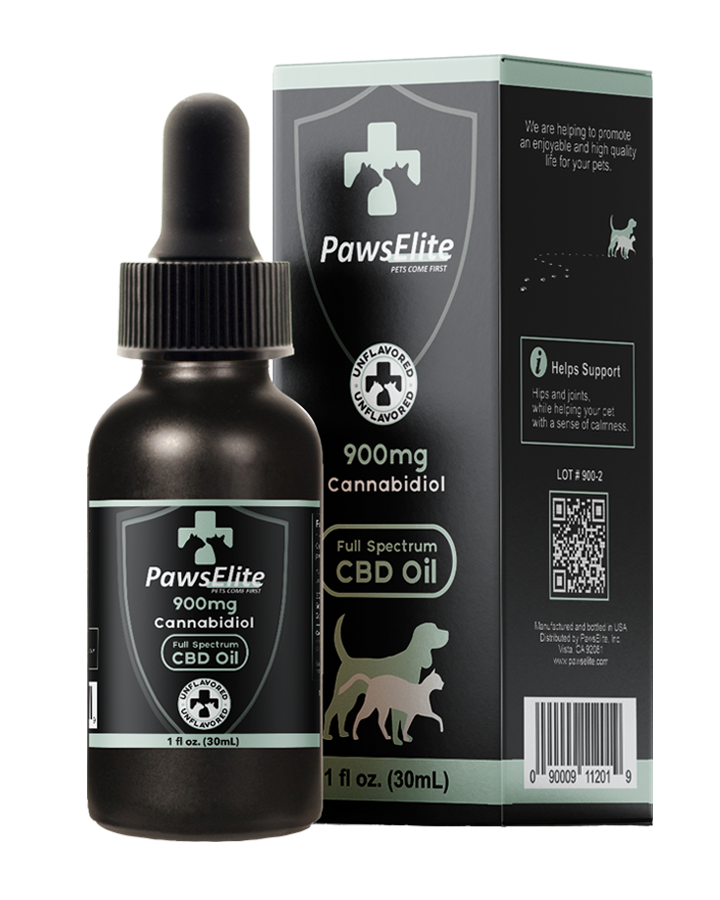
Deworming a Dog and Deworming Puppies: A Step-by-Step Guide to a Healthy, Happy Pet
Share
Worms. The very word is enough to make any pet owner shudder with concern. Unfortunately, dogs and puppies are just as susceptible to worm infestations as humans are to catching a cold. These pesky parasites can cause a range of health problems, from mild discomfort to severe illness, and can be a real headache for any pet owner. But don't worry - with our expert guide to deworming a dog and deworming puppies, you'll be able to identify the signs of worm infestations and take the necessary steps to keep your furry friend healthy and happy. Don't let worms take hold - read on to learn what you need to know to protect your pet.
Deworming a dog and puppies involves giving medication to eliminate parasites. Your vet will recommend the best dewormer type based on your pet's age and health. Follow the recommended schedule and dosage for maximum benefits. Protect your furry friend and keep them healthy with regular deworming.
How Parasites Can Harm Your Dog and Puppies' Overall Wellbeing
Worm infestations can have a significant impact on your dog and puppies' overall health and wellbeing. Parasites can cause a variety of symptoms and health problems, ranging from mild discomfort to more severe issues that can be life-threatening if left untreated. Some of the potential effects of worm infestations in dogs and puppies include weight loss, diarrhea, vomiting, anemia, lethargy, and even organ damage. In addition to affecting your furry friend's health, worms can also be transmitted to humans and other pets in the household. Regular deworming is essential to help prevent these harmful effects and keep your dog and puppies happy and healthy.
Here are some bullet points for the key takeaways:
- Parasites can cause a range of health problems in dogs and puppies.
- Symptoms of worm infestations include weight loss, diarrhea, vomiting, anemia, lethargy, and organ damage.
- Worms can be transmitted to humans and other pets in the household.
- Regular deworming is essential to prevent these harmful effects and keep your furry friend healthy.
Deworming Dogs and Puppies: The Basics You Need to Know
Deworming is a process that involves giving medication to your dog and puppies to eliminate parasites like worms from their system. Here are the key takeaways:
Medication
The medication used for deworming can come in different forms, including tablets, chewable treats, liquids, and injections. Your vet will recommend the best one for your furry friend.
Purpose
The goal of deworming is to get rid of any existing worms and prevent future infestations. This helps keep your pet healthy and happy.
Schedule
Your vet will recommend the best deworming schedule based on your pet's health, age, and breed. It's important to follow the recommended schedule to ensure that the medication works effectively.
Dosage
The dosage of the medication will depend on several factors, including your pet's weight and the severity of the infestation. It's essential to follow the recommended dosage to avoid any negative side effects.
Hygiene
Practicing good hygiene habits like cleaning up after your pet and washing your hands frequently can help prevent worm infestations.
Importance
Deworming is a simple yet essential aspect of pet care that can help keep your furry friend healthy and happy for years to come.
Remember, deworming is a critical aspect of pet care that's often overlooked. By following your vet's recommendations for medication, schedule, and dosage, you can help ensure your furry friend stays healthy and free from the harmful effects of parasites.
Deworming Your Dog and Puppies: How to Identify Signs of Worm Infestations
As a pet owner, you never want to think of your furry friend as anything less than perfect. But one day, Sarah noticed that her dog, Max, had lost his appetite, was lethargic, and had diarrhea. Worried, she took Max to the vet, where he was diagnosed with a worm infestation. Luckily, the vet was able to prescribe the appropriate medication to get rid of the worms and restore Max's health. If you suspect your dog or puppies have worms, there are several signs to look out for. These include:
- Loss of appetite
- Lethargy or decreased activity
- Diarrhea
- Vomiting
- A distended or bloated belly
- Weight loss
- Dull coat or dry skin
- Worms in feces or vomit
If you notice any of these signs, it's essential to take your furry friend to the vet for a proper diagnosis and treatment. Remember, early detection and treatment are crucial for your pet's health and wellbeing.
Recommended Schedule for Dogs and Puppies
Deworming a dog or puppies is a crucial aspect of pet care that helps keep your furry friend healthy and free from the harmful effects of parasites. Here is a chart that describes the recommended deworming schedule for puppies and adult dogs:
| Age of Dog | Deworming Frequency |
|---|---|
| 2-12 weeks old | Every 2-3 weeks |
| 3-6 months old | Every 3-4 months |
| 6-12 months old | Every 4-6 months |
| 1 year and older | At least once a year |
It's important to note that the recommended deworming schedule may vary depending on several factors, including the pet's breed, health, lifestyle, and location. It's best to consult with your veterinarian to determine the most appropriate deworming schedule for your specific pet. Following the recommended schedule is essential to keep your dog or puppy healthy and free from the harmful effects of parasites.
Protecting Your Puppies: Deworming Considerations for Pregnant and Nursing Dogs
Deworming a pregnant or nursing dog requires special considerations to ensure the health and safety of both the mother and her puppies. While deworming is essential for all dogs, it becomes even more crucial during pregnancy and nursing due to the risk of parasite transmission to the developing puppies. Here are some important points to keep in mind:
- It's crucial to deworm a pregnant dog before breeding or as early in the pregnancy as possible to reduce the risk of transmission to the puppies.
- Some deworming medications are not safe to use during pregnancy, so it's important to consult with your veterinarian to determine the most appropriate treatment options.
- Nursing dogs can be dewormed, but it's important to choose a safe and effective medication that won't harm the puppies. Your vet may recommend deworming the nursing mother after the puppies are weaned to reduce the risk of transmission through milk.
- Regular deworming of nursing dogs can help prevent the transmission of parasites to their puppies through their milk.
By working closely with your veterinarian, you can ensure that your pregnant or nursing dog receives the proper care and treatment to stay healthy and prevent the transmission of parasites to her puppies. Follow the recommended deworming schedule and take precautions to protect both the mother and her puppies to ensure a healthy and happy litter.
Types of Parasites in Dogs
There are various types of parasites that can affect dogs, and it's important for dog owners to be aware of them. From fleas and ticks to heartworm and roundworm, each type of parasite can cause a range of symptoms and health problems for your furry friend. In the following sections, we'll discuss these parasites in more detail and how to prevent and treat them.
Common Parasites That Dogs and Puppies May Encounter
As a dog owner, it's important to be aware of the various parasites that can affect your furry friend. Here are some common parasites that dogs and puppies may encounter:
- Fleas
- Ticks
- Heartworm
- Roundworm
- Hookworm
How to Identify Different Types of Worms and Their Symptoms
Worms are a common problem for dogs and puppies, and identifying the type of worm your dog has is important for effective treatment. Here are some common types of worms and their symptoms:
Roundworms
- Long and thin, often visible in vomit or feces
- Potbellied appearance in puppies
- Dull coat
Hookworms
- Small, attach to the intestinal wall
- Anemia, weight loss, and diarrhea
- Detected through fecal exam
Tapeworms
- Segmented, visible in feces or around anus
- Mild symptoms like itching
- Can lead to weight loss and anemia in severe cases
Whipworms
- Diarrhea, weight loss, and anemia
- Difficult to detect through fecal exam
- May require multiple tests
Risk Factors for Worm Infestations in Dogs and Puppies
Prevention is key when it comes to worm infestations, and understanding the risk factors can help keep your dog healthy. Here are some factors that increase the risk of worm infestations in dogs and puppies:
Age
- Puppies are more susceptible due to developing immune systems and mouthing objects
Environment
- Spending time outdoors or in areas with high parasite populations
- Visiting dog parks or boarding facilities
Poor hygiene
- Infrequent grooming
- Poor dental hygiene
Diet
- Raw or undercooked meat
Travel
- Visiting areas with higher parasite populations
How to Deworm a Dog and Deworm Puppies
Deworming is an important part of maintaining your dog's health and preventing the spread of parasites. In this section, we'll go over the types of dewormers available, how to administer them, and precautions to take:
Types of Dewormers Available and Their Effectiveness
There are various types of dewormers available for dogs and puppies, and each has its own level of effectiveness against different types of parasites. Here are some common types of dewormers and how they work:
Pyrantel pamoate
This dewormer is effective against roundworms and hookworms by paralyzing their nervous systems, causing them to release their hold on the intestinal walls so they can be expelled from the body.
Fenbendazole
This dewormer is effective against a wide range of parasites, including roundworms, hookworms, whipworms, and some types of tapeworms, by interfering with their ability to absorb nutrients.
Praziquantel
This dewormer is effective against tapeworms by causing them to dissolve and break apart, making them easier for the body to eliminate.
Milbemycin oxime
This dewormer is effective against heartworms, roundworms, hookworms, and whipworms by interfering with their nervous systems and muscle function, causing them to become paralyzed and eventually die.
Step-by-Step Guide to Administering Dewormers
Administering dewormers to your dog or puppy can be a straightforward process, but it's important to follow the instructions carefully. Here are the basic steps for administering dewormers:
- Check the weight of your dog to determine the correct dosage.
- Administer the dewormer according to the instructions on the package or from your veterinarian.
- Monitor your dog for any side effects or reactions.
Example: Jane has a 6-month-old puppy that she suspects has worms. She follows these steps to administer the dewormer:
- She weighs her puppy to determine the correct dosage.
- She purchases a dewormer recommended by her veterinarian.
- She administers the dewormer according to the instructions on the package.
- She monitors her puppy for any side effects or reactions.
After a few days, Jane notices that her puppy's symptoms have improved and he seems to be feeling better.
Precautions to Take When Deworming Dogs and Puppies
While deworming is generally safe, there are some precautions you should take to ensure your dog's safety and the effectiveness of the treatment. Here are some precautions to consider:
- Always consult with your veterinarian before administering any medication.
- Follow the instructions carefully, including dosage and frequency.
- Monitor your dog for any side effects or reactions.
- Dispose of any feces promptly to prevent reinfection.
- Keep your dog away from other animals during and after treatment.
Prevention and Maintenance of Dogs and Puppies with Worms
Worms can cause serious health problems in dogs and puppies, but there are steps you can take to prevent infestations and keep your pets healthy. Here are some tips and guidelines to follow:
Tips for preventing worm infestations in dogs and puppies:
- Use a monthly preventive medication prescribed by your veterinarian to keep your pet protected from common worms.
- Pick up and properly dispose of your pet's feces immediately to prevent the spread of worm eggs.
- Avoid areas where other dogs or wildlife may have defecated, as these can be sources of worm contamination.
- Keep your dog's living area clean and dry, and wash your pet's bedding regularly.
- Avoid feeding your pet raw meat or untreated water, as these can be sources of worm infection.
The importance of maintaining a clean and healthy living environment for your pet:
- A clean living environment helps prevent the spread of worm eggs and other parasites.
- Regular cleaning and disinfection of your pet's living area, food and water bowls, and toys can help reduce the risk of infection.
- Be sure to use pet-friendly cleaning products and follow the manufacturer's instructions.
Follow-up care and monitoring after deworming:
- Deworming medication can be effective, but it may not eliminate all parasites and may need to be repeated.
- It's important to follow your veterinarian's recommendations for follow-up deworming and monitoring to ensure your pet is free of worms.
- Monitor your pet's behavior and health, and contact your veterinarian if you notice any signs of illness or infection.
By following these prevention and maintenance guidelines, you can help keep your pets healthy and free of worms.
Final Tips and Advice for Deworming a Dog and Deworming Puppies
One of the most common health concerns for dogs and puppies is worm infestations, but don't worry - we've got you covered! In this blog, we talked about everything you need to know about deworming your dog or puppy, including the signs to look out for, the types of dewormers available, and even how to administer them.
We also discussed the importance of prevention and maintenance, and provided tips on how to keep your pet worm-free, such as maintaining a clean living environment and following a regular deworming schedule. Did you know that keeping your pet's living space clean not only prevents worm infestations, but also helps to promote their overall health and wellbeing?
And speaking of wellbeing, we also talked about the importance of follow-up care and monitoring after deworming. It's crucial to keep an eye on your pet after treatment to ensure that they're healthy and happy, and to catch any potential re-infestations early.
Overall, deworming your pet is an important part of being a responsible pet owner, and it doesn't have to be daunting. With the information provided in this blog, you can feel confident in keeping your furry friend healthy and worm-free. And as always, make sure to consult with your veterinarian for any specific questions or concerns.









